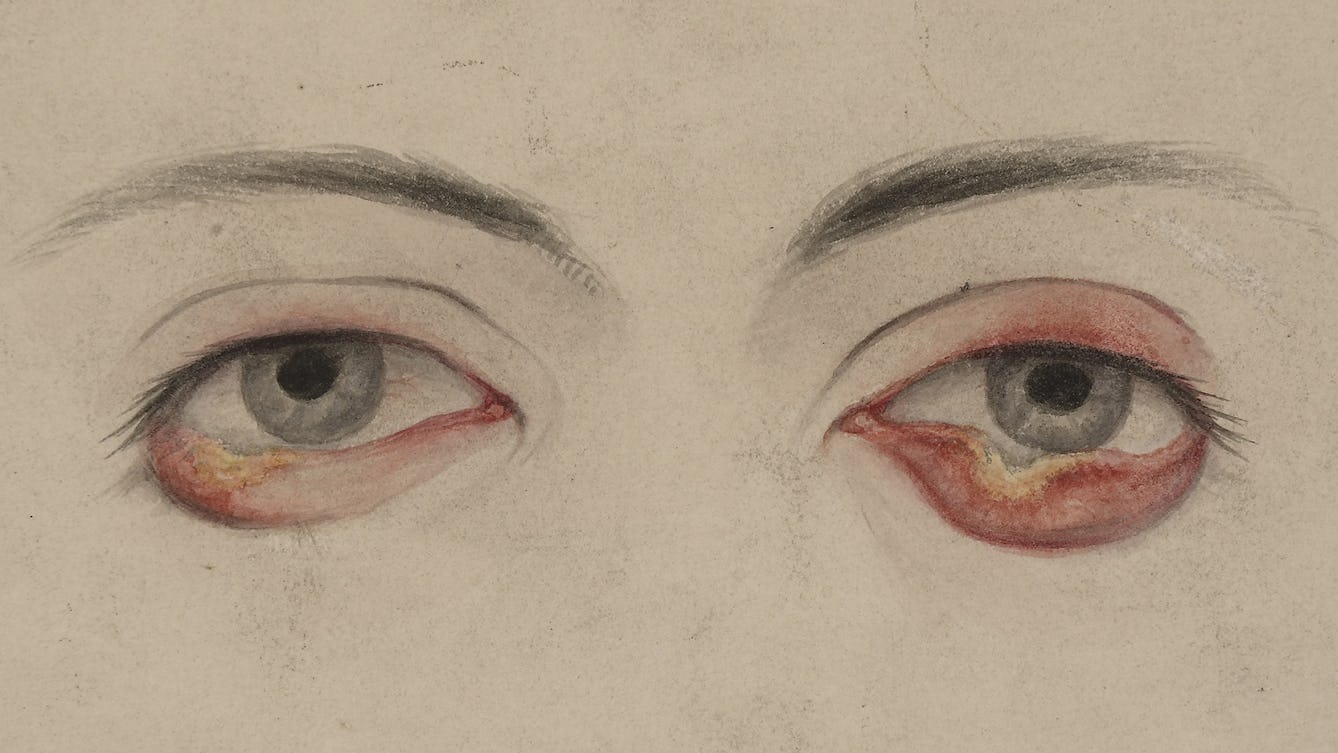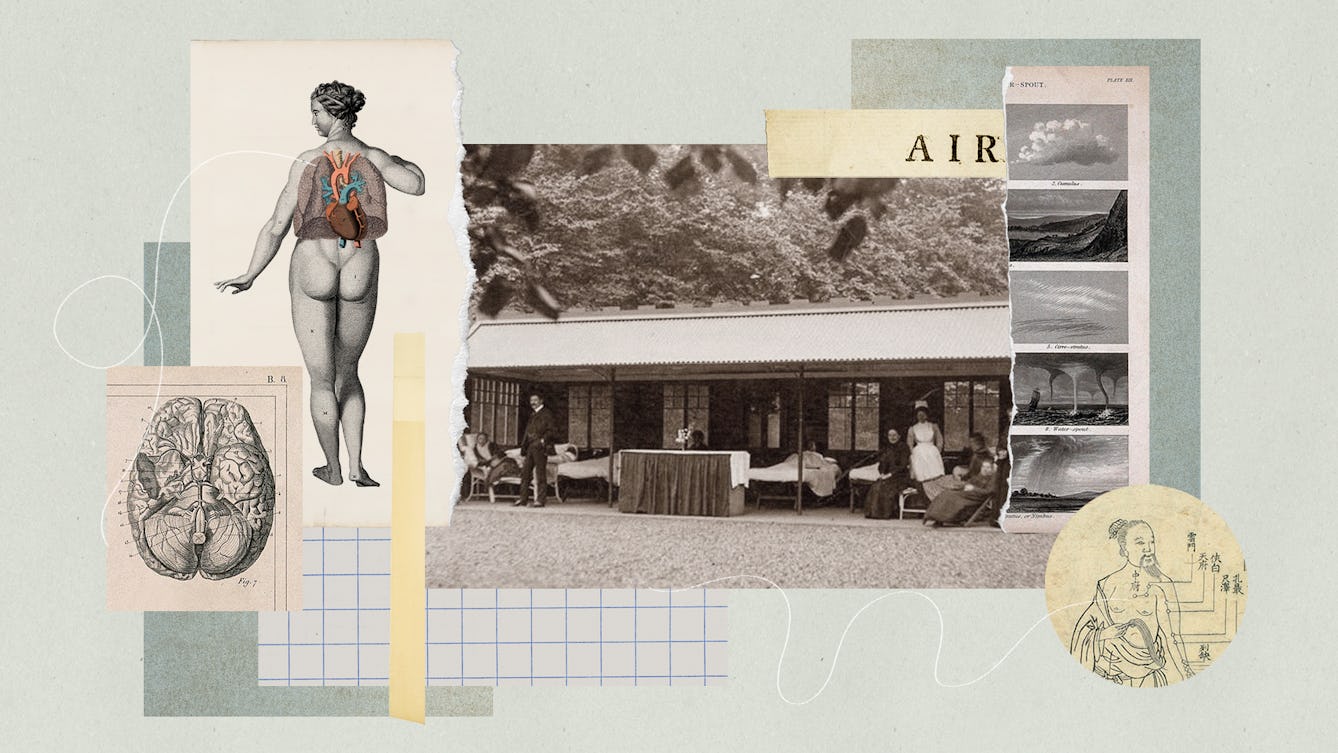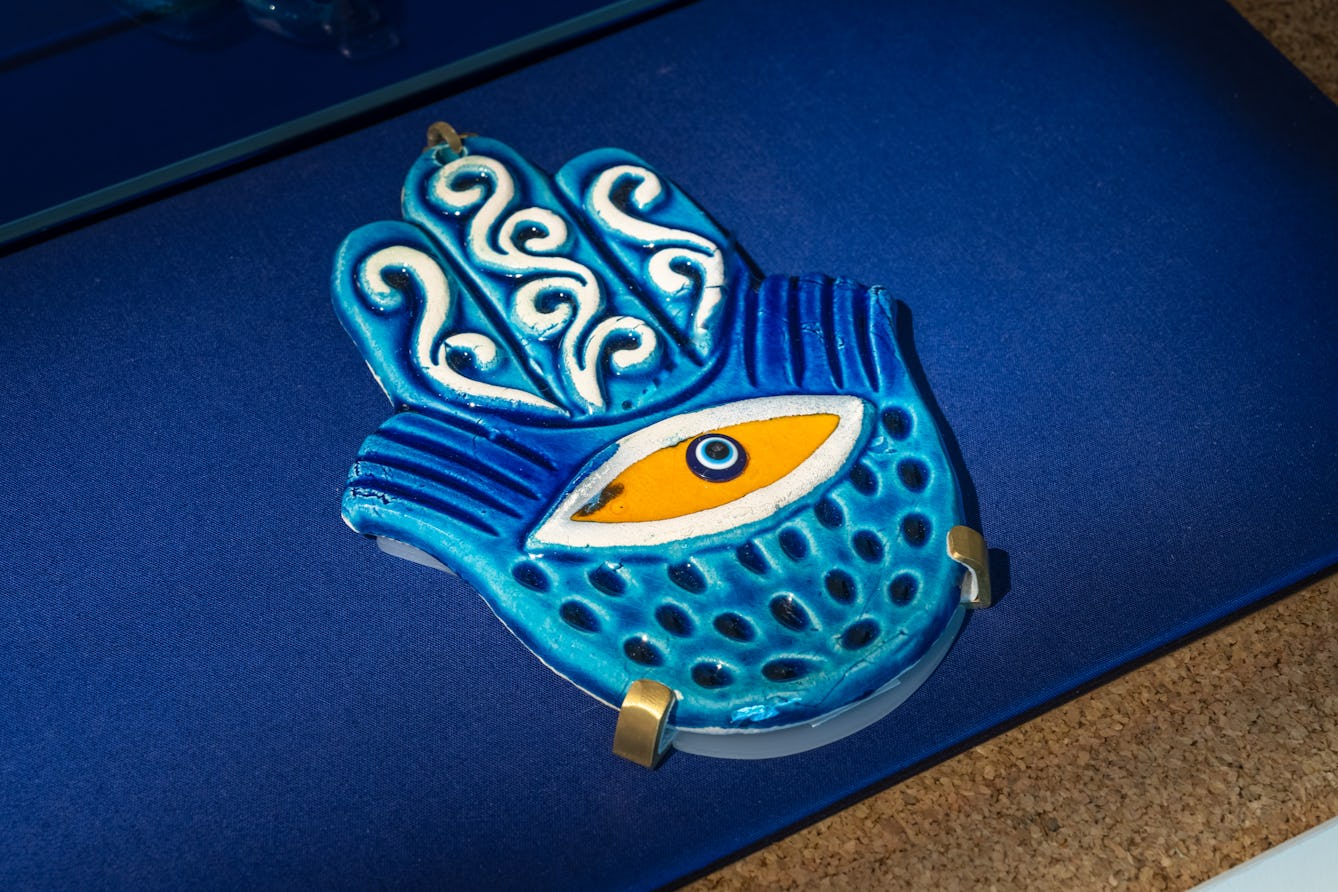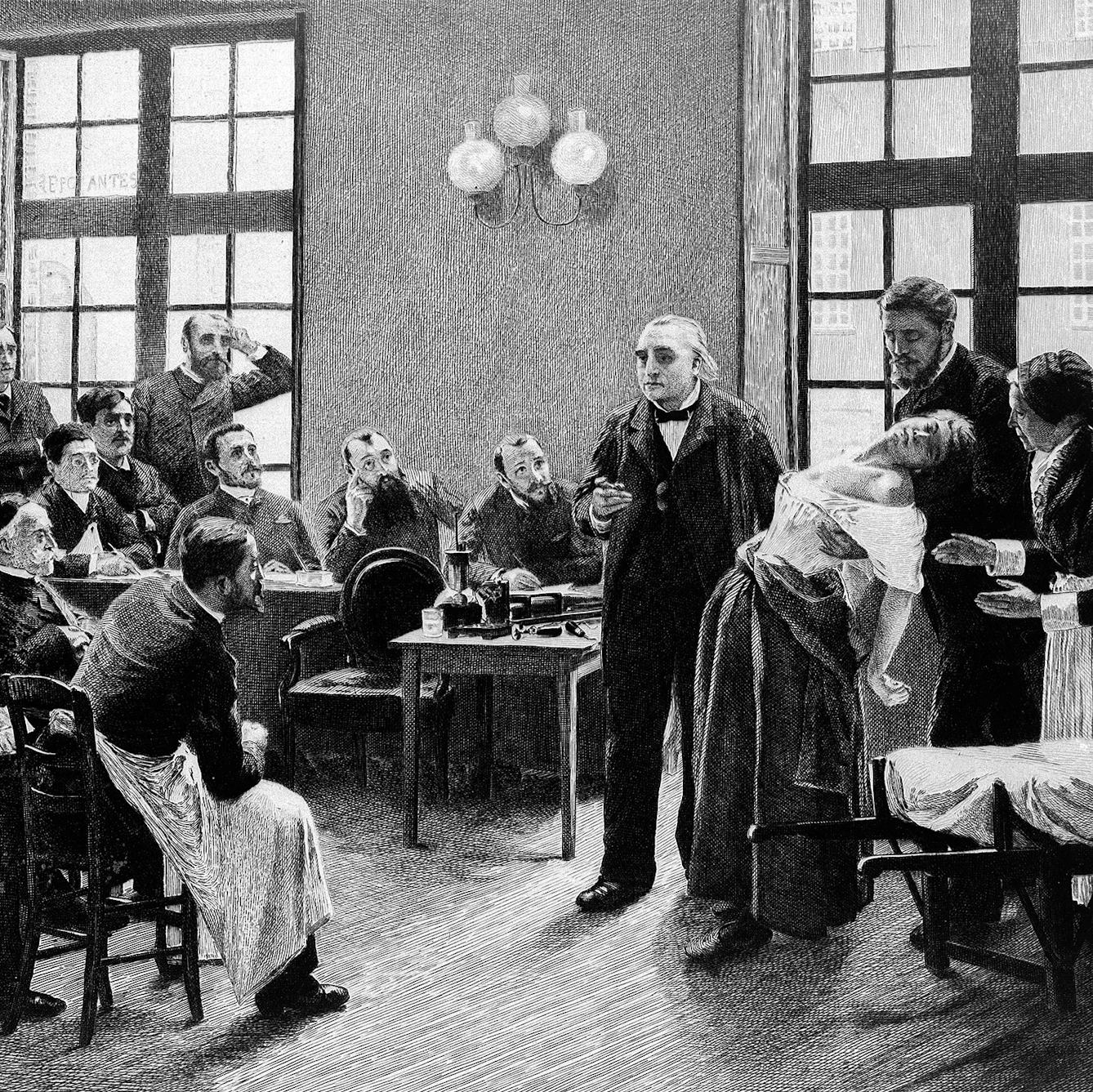
- Article
- Article
Why “crazy cat ladies” are healthier than you may think
Writer Erica Crompton ponders the reasons behind the misogynist “crazy cat lady” trope, and reclaims cat ownership as a positive way to help restore mental equilibrium.

- Article
- Article
When everyday environments become anxious spaces
Social anxiety disorder isolates those who experience it. Part of the solution is to design public spaces with mental health in mind.

- Article
- Article
Diagnosing OCD in the past
Mining the writings of and about famous historical figures, retrospective psychologists try to diagnose their mental health problems. But, inevitably, partial evidence is open to misinterpretation.

- Article
- Article
The art of soundproof design
Too much noise is more than annoying – it has serious negative effects on health and cognitive ability. Find out how designers and architects are mitigating the downsides of sound.

- Article
- Article
Chemical highs and psychedelic research
Could recreational drugs make you happy? Kate Wilkinson explores why keen clubber Simon believes taking psychedelics has helped him develop as a person.

- Article
- Article
Tripping for spiritualism and science
Getting high in the name of religion or creativity has been practised for centuries. Now it seems hallucinogenics could help treat mental illnesses too.

- Article
- Article
The indelible harm caused by conversion therapy
With first-hand evidence from two powerful testimonies, neurologist Jules Montague explores the destructive history of conversion therapy, a punitive treatment designed to ‘cure’ people of homosexuality.

- Article
- Article
Diagnosed bipolar, prescribed lithium
In the first part of a series looking into lithium, Laura Grace Simpkins recounts the beginning of her troubled relationship with this mysterious drug.

- Article
- Article
When doctors get sick
Feeling guilty about developing a health problem, our anonymous GP contemplates how the system could better support doctors when they’re sick.

- Article
- Article
To stop or stay on lithium
In the final part of her investigation into lithium, Laura Grace Simpkins faces a dilemma – should she put her own mental health or other people and the planet first?

- Article
- Article
Sick of being lonely
When his relationship ended, Thom James first withdrew from the world, then began to suffer from illnesses with no apparent physical cause.

- Article
- Article
Sick of the theatre
What makes the stage a good place to share real-life experiences of ill health?

- Article
- Article
The prostitute whose pox inspired feminists
Fitzrovia, 1875. A woman recorded only as A.G. enters hospital and is diagnosed with syphilis.

- Article
- Article
The hidden history of homesickness
Gail Tolley delves into the history of homesickness and discovers that its rich past holds a clue to how we view the experience today.

- Book extract
- Book extract
Permission to recover
When it comes to illness, sometimes the end is just the beginning. Gavin Francis argues why being given permission to recover is so important.

- Long read
- Long read
The ambivalence of air
Daisy Lafarge investigates the effects of air quality and pressure on body and mind, exploring air as cure, but one with contradictions.

- Article
- Article
The evil eye and social anxiety
The ‘look’ of the evil eye is believed to bring bad luck, illness or even death. This ancient curse might be deliberate, inflicted with an envious glare, or it could be accidental, the result of undue attention or excessive praise.

- Article
- Article
The enduring myth of the mad genius
There’s a fine line to tread between creativity and psychosis.

- Article
- Article
The epilepsy diagnosis
Epilepsy exists between the mind and body, something that Aparna Nair experienced for herself when she was diagnosed as a teenager.

- Article
- Article
The painter, the psychiatrist and a fashion for hysteria
A dramatic painting brings a famous event in medical history alive. But it also tells a tale about the health preoccupations of the time.

- Article
- Article
What is hysteria?
Hysteria has long been associated with fanciful myths, but its history reveals how it has been used to control women’s behaviour and bodies

- Article
- Article
Writing back to authority
As she cuts up old doctors’ letters and uses them to compose absurd poems, Caroline Butterwick reflects on the catharsis of creation and proposes writing as a way to take back control.

- Photo story
- Photo story
The man who remembers everything
Tilney1 can remember his life in minute detail, but can’t control the incessant intrusion of thoughts and images from the past. As cuts to mental health services isolate him more and more, a crisis approaches.

- Article
- Article
What writing myself has revealed
Caroline Butterwick talks to two creators about how lived experience feeds their art, and reflects on her own year of writing about her life.

- Article
- Article
Performing my disability
Caroline Butterwick explores the idea of disability as performative, and the pressure to act out what we think others expect.